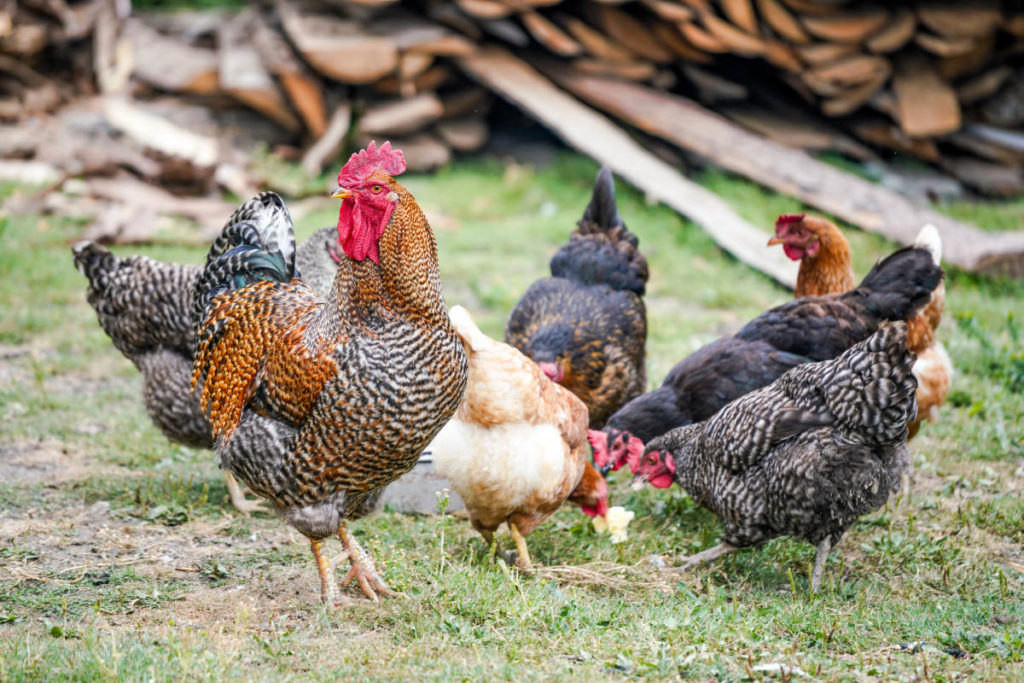What is an Extension Agent?
We are adult educators that are the go-between between Texas A&M University and landowners of each county. We take the information that the scientists at College Station come up with and turn it into words and actions every landowner can learn and understand. If we don’t have an answer for your question, we can sure point you to the person that will.
What is the first thing a future backyard poultry farmer needs to consider?
The first, is to know what your city or Home Owners Association regulations are. Some HOAs do not allow animals other than domestic pets in the yard. Even if the city says that you’re allowed to, if the Association doesn’t, you can get in trouble through them.
Next, choosing the right birds.
The biggest concern people have is they think that chickens all crow and that they’ll cause a lot of noise. That’s a misconception. Only roosters crow, either to bring females in at night, into the coop, or during the day to establish their territory. The roosters are normally not allowed in most backyard poultry operations, and for most people they don’t want a rooster anyway because they aren’t worried about having fertilized eggs and baby chicks. Also, buying all-female chicks for your flock is easier than dealing with an aggressive rooster.
Next, when it comes to breed, you have to be careful. There are some chickens that can’t take the heat we get here in the Southwest. Also, there are some chickens designed to do well in cold weather, but it doesn’t get cold enough for them down here. Buying them at a local feed store or supplier is better than going online and ordering, because that online supplier may sell chickens, but they might not be the type that works well in your area.
We recommend Rhode Island Reds, or Bar Rocks. There’s also Golden Sexlinks and Black Sexlinks. They are a cross bred chicken, called a Sexlink, because at birth they have markings where you can tell the males from females. Most other breeds need to mature, about one month, before you can tell what sex they are.
Understand your wants and needs, then consider the time of year.
if you are looking to start a new flock, and you are buying babies, you want to buy them in the fall and raise them to maturity through the winter so the first spring when the daylight cycles go up and down, they will start their first true laying production. Just be aware that if you buy them in the spring around Easter, it may take a full year before they really start laying at their full potential.
What are the most important aspects of caring for backyard poultry?
Nutrition and cleanliness are the most important day-to-day concerns for your flock. You need to give them a good balanced feed product and not just scratch grains. A balanced feed product provides them with all their nutrients, minerals and proteins so that you get a balanced meal and a healthy animal. Additionally, you have to clean up their area, to help prevent disease, and make sure they always have a clean, fresh water supply. As long as you have those three items: clean area, nutrition, and fresh water, you’ll have healthy birds and they’ll give you healthy products to eat.
What are the biggest concerns for backyard poultry in winter?
Keeping them warm. Normally, the chickens will huddle together for warmth, but if you have an area where you can put supplemental heat to keep the temperature up that helps quite a bit. Normally, heat lamps are the safest way to go because you can hang them so they will warm the air, but you don’t have to worry about them starting a fire or anything. If you have a coop they come into during those cold periods you can hang a heat lamp in there. Just make sure it is in a safe spot, not too close to the top, but not too low, either.
You also need to take extra care with their water supply during the winter time. When it gets below freezing and the water freezes up, the birds lose their access to water. That can lead to problems, so you need to check on them regularly and make sure their water isn’t frozen.
What are the biggest concerns in summer time?
You need to provide shade, a tarp or trees, so that they can get out of the sun.
Predation is also a bigger problem in the summer time. Predators have had babies, so the moms need more nutrition. This makes them search a little more for food, so you have to be more vigilant than at other times of the year.
Read more about protecting your flock from predators in Part 2 here.
Finally, Troy says, “If you’re starting with any kind of agriculture project you’re going to have some setbacks and disappointments, but you just have to push through and keep going.”
You can always turn to your local County Extension Agent for help and advice. For more information on the Agri-Life Extension Service, click here.
To explore Hi-Pro’s full range of Poultry Feeds and supplements, click here.


